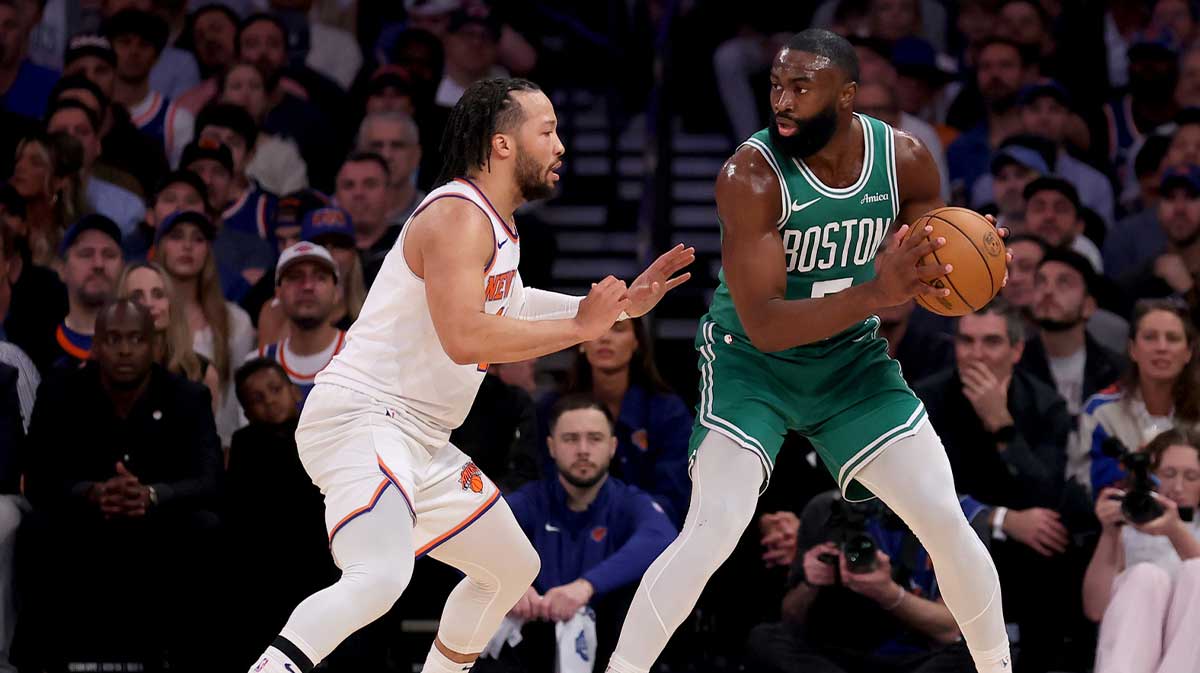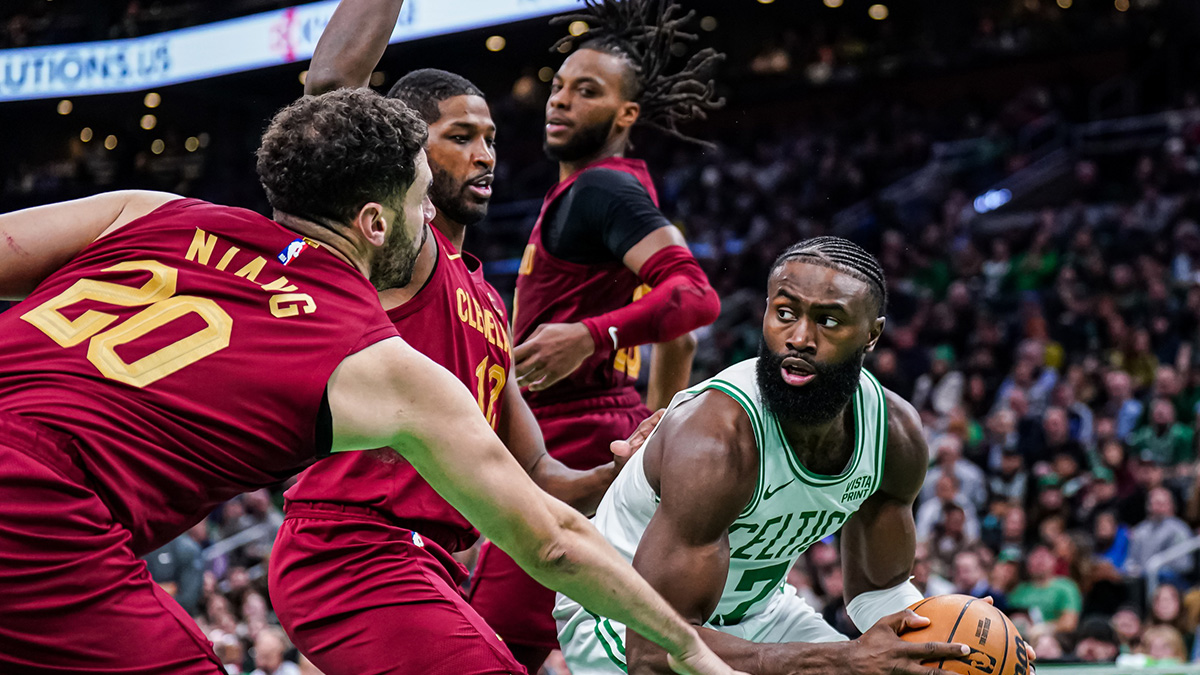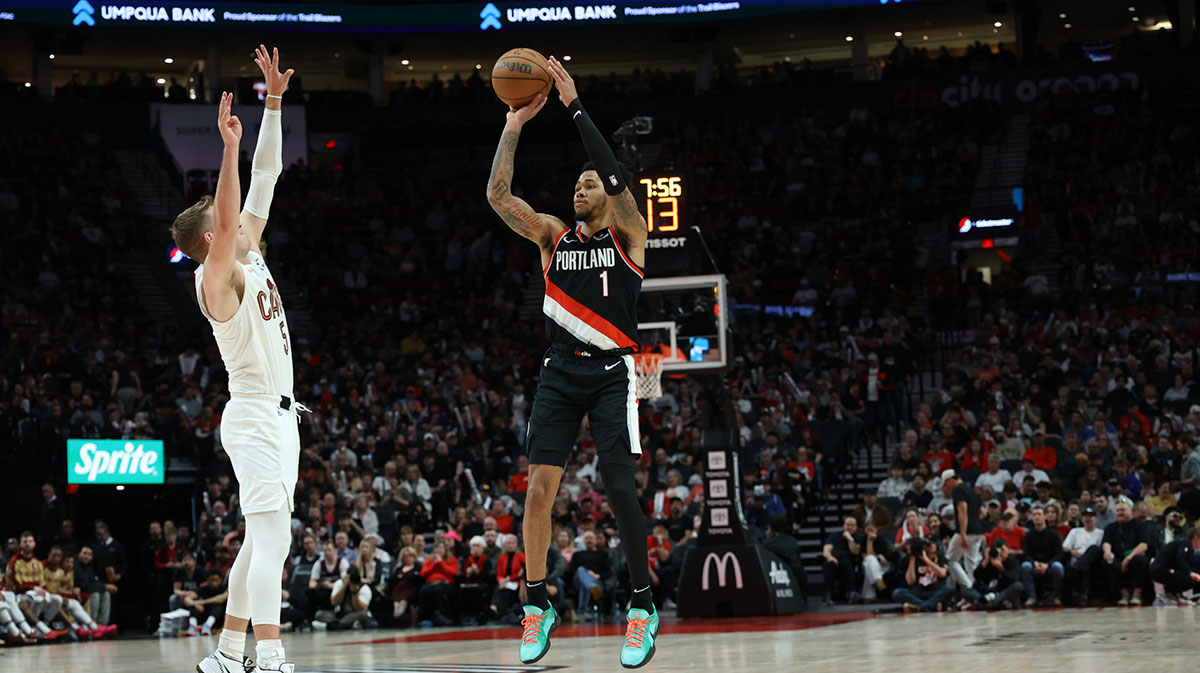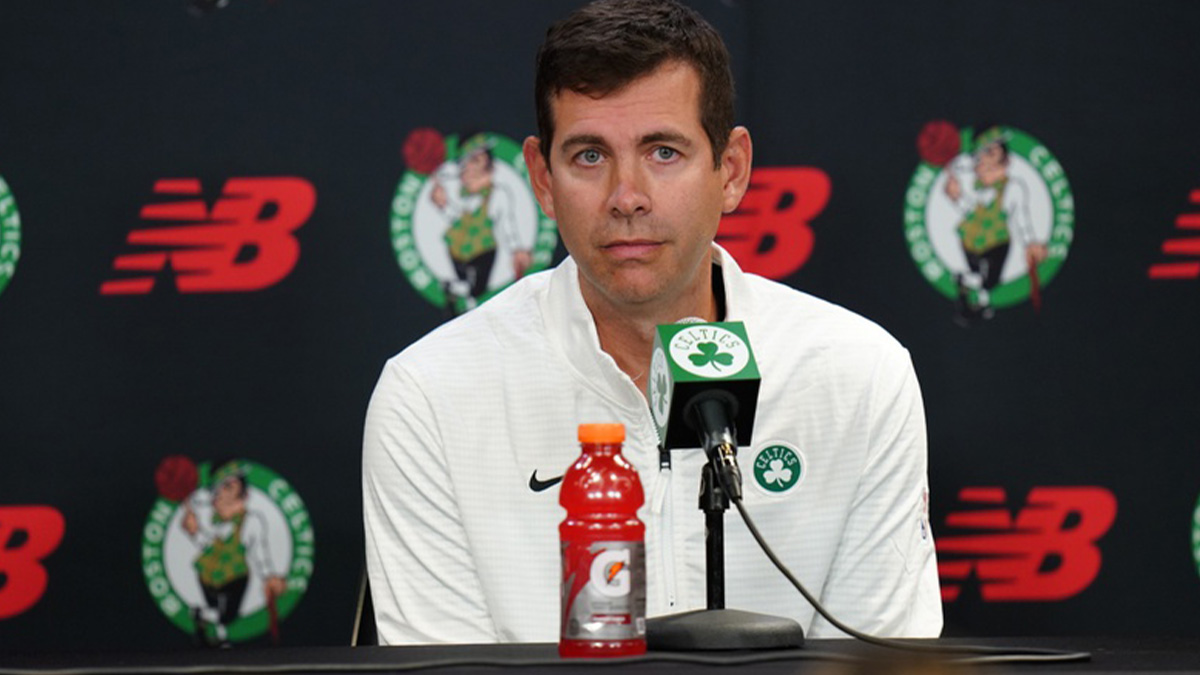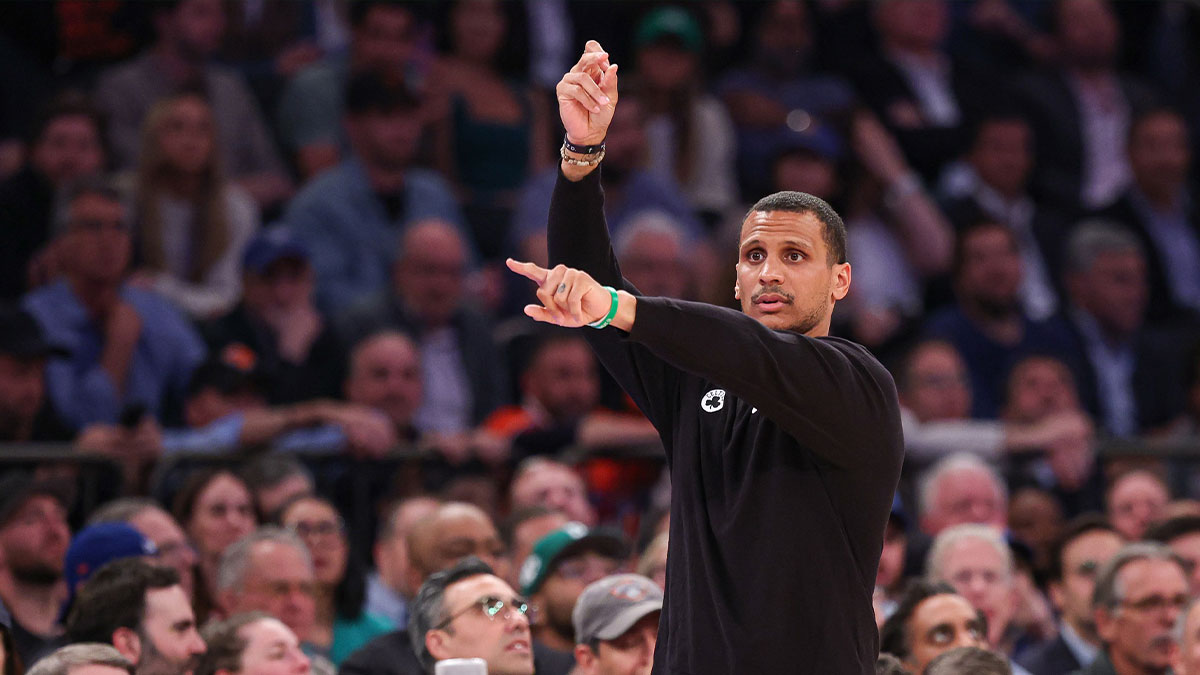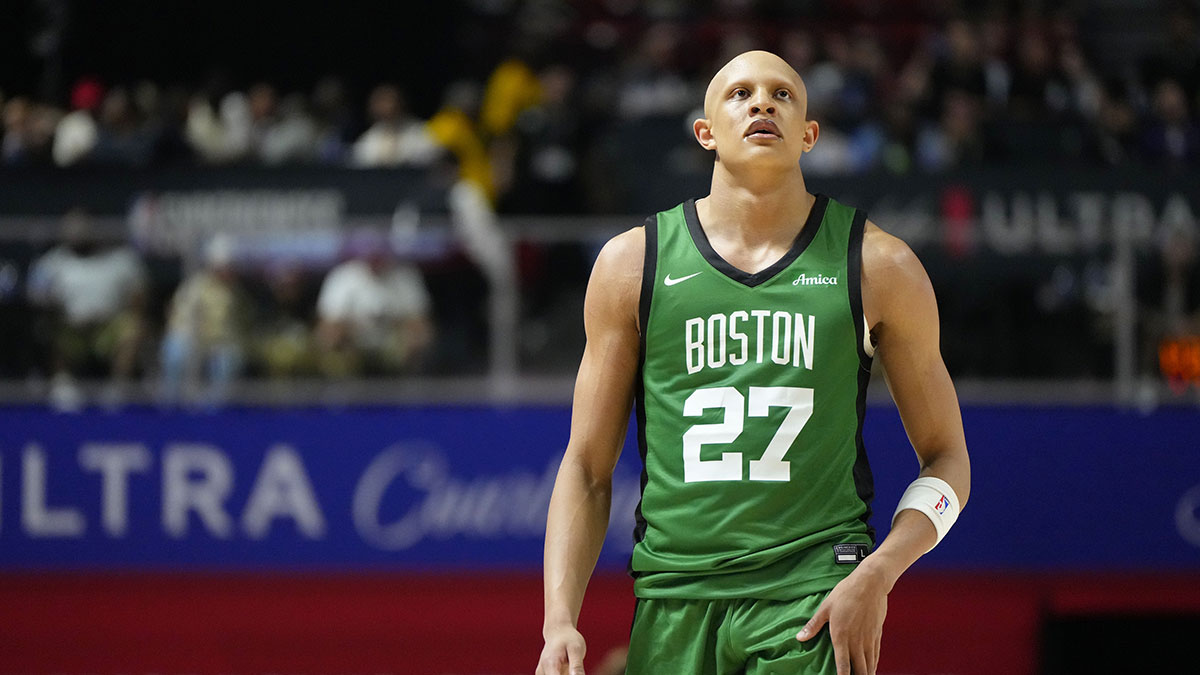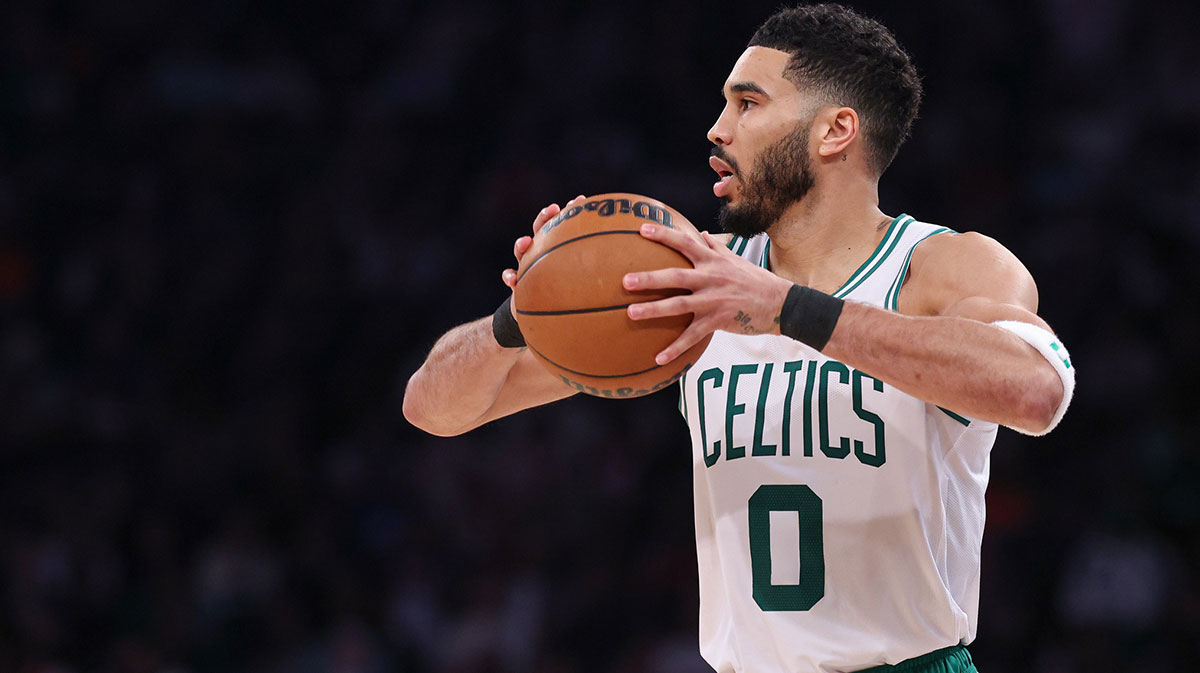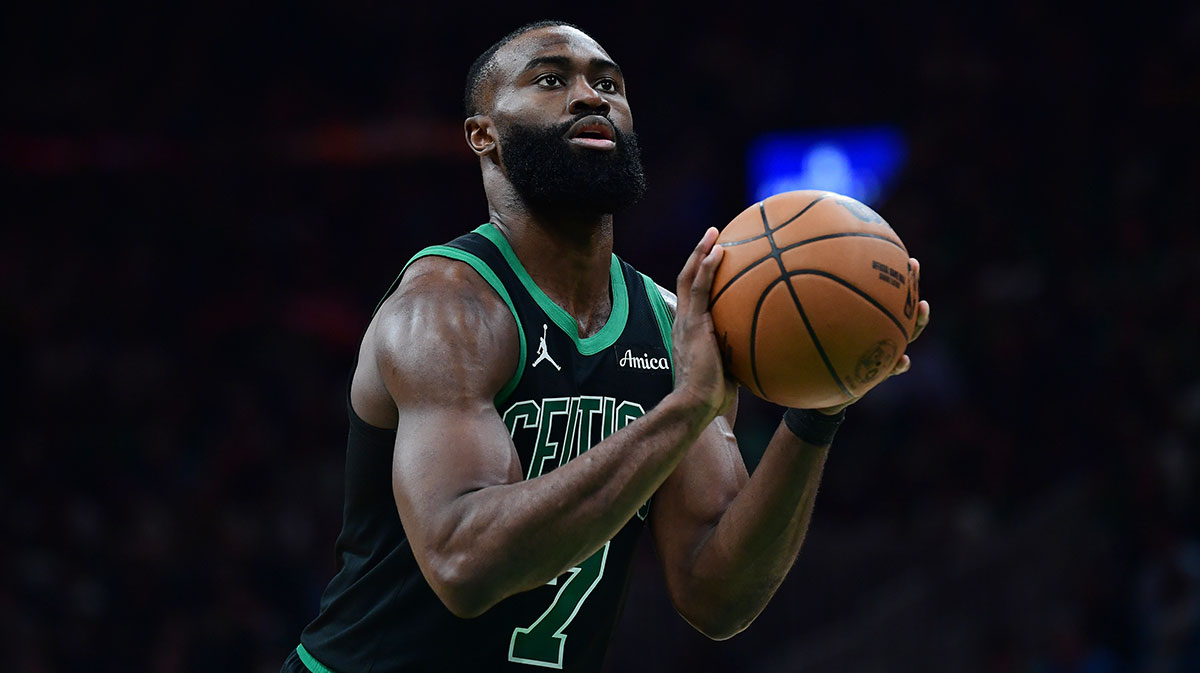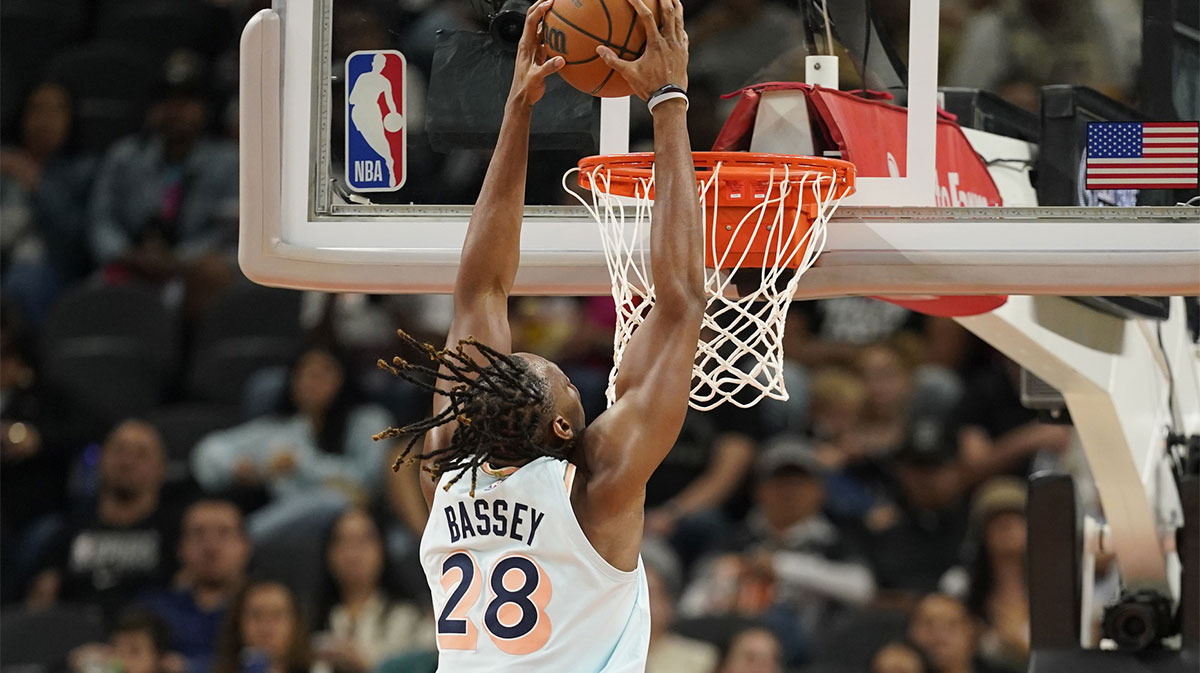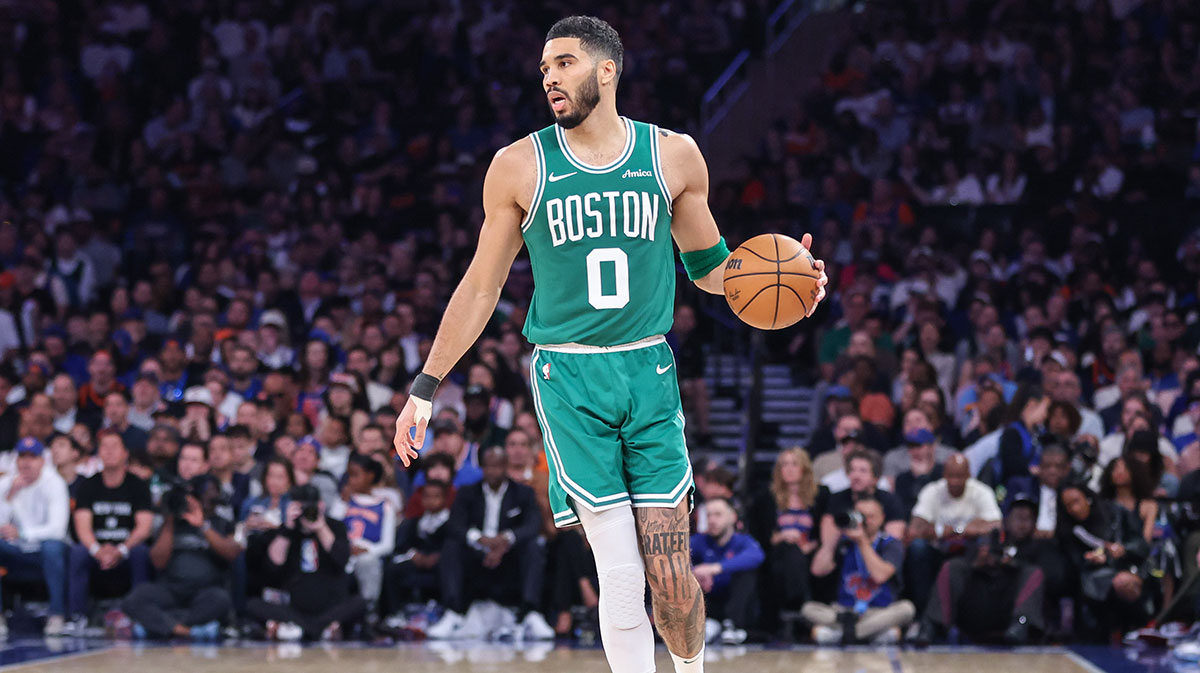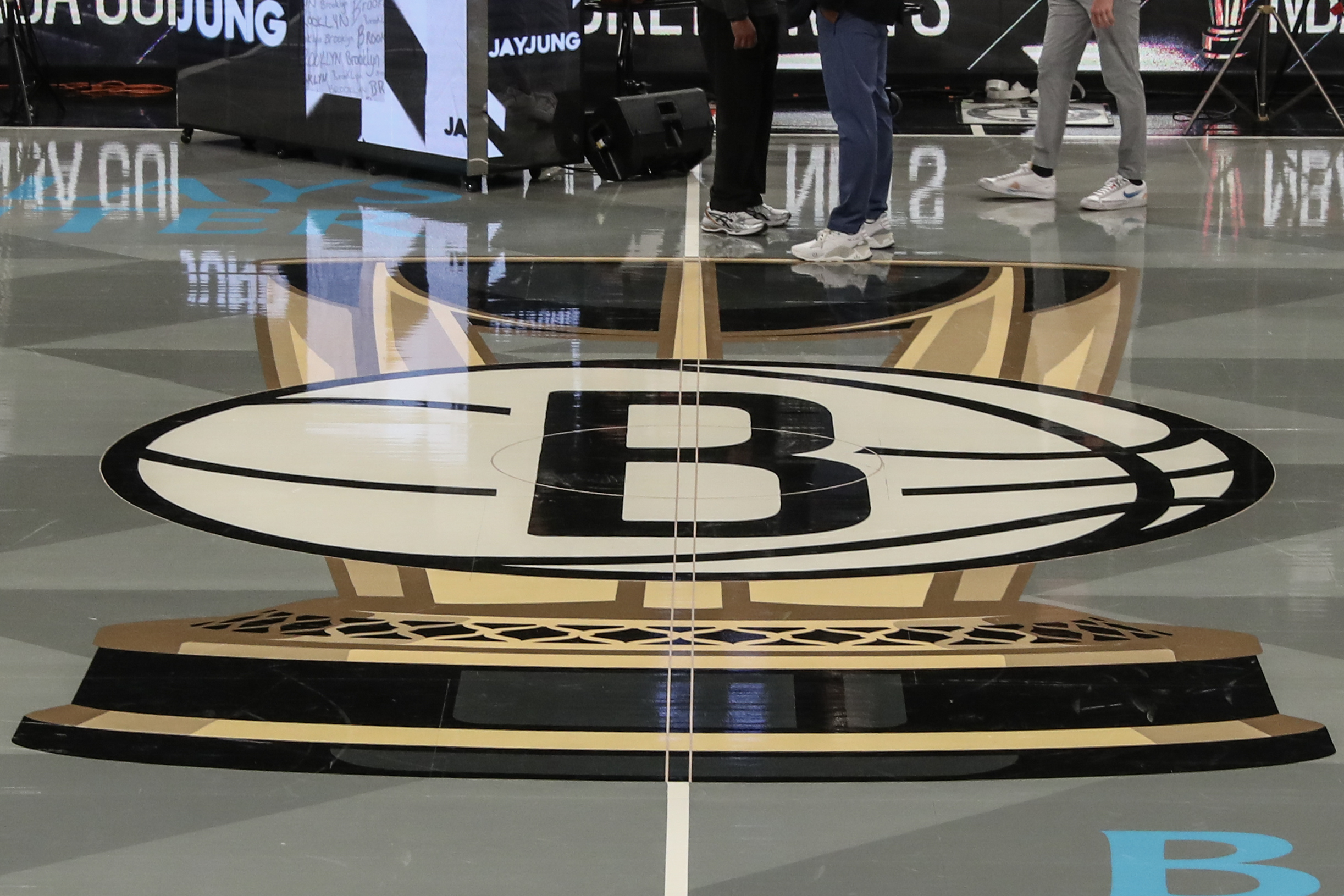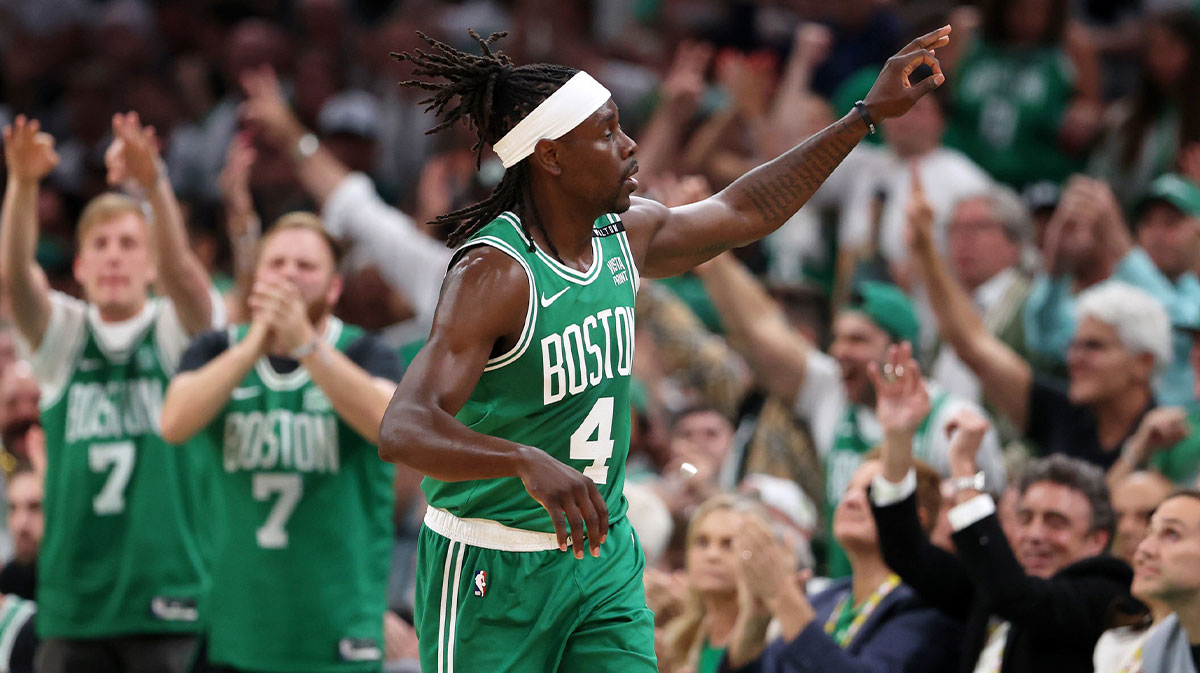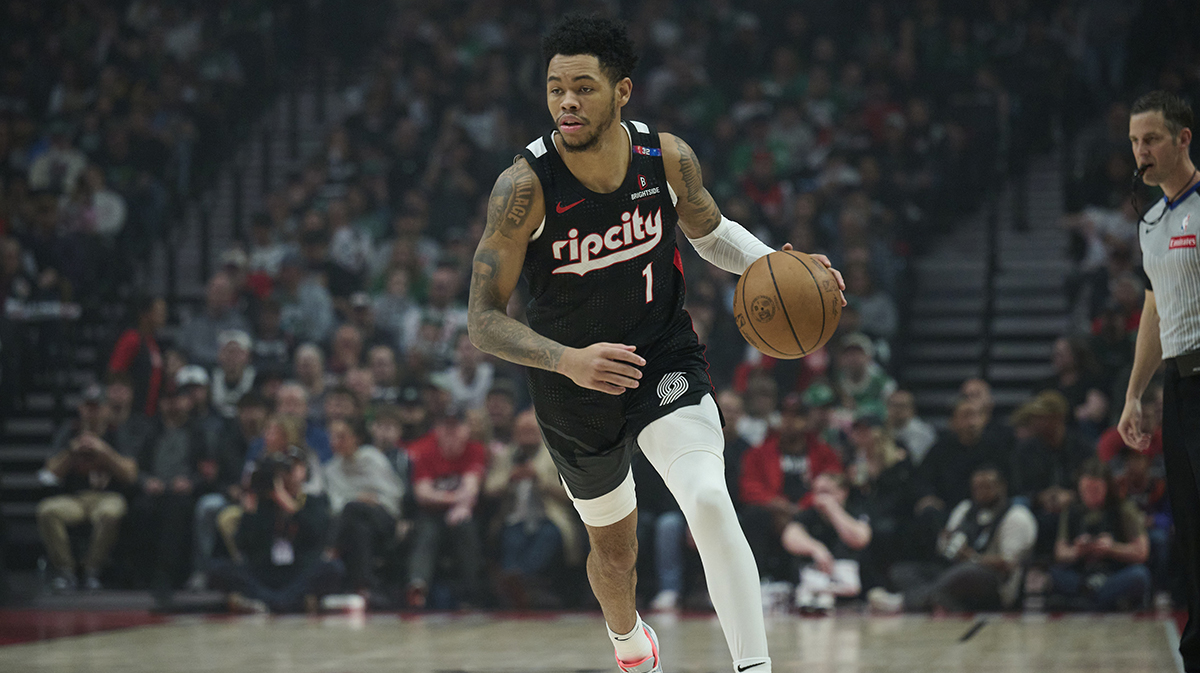The 2007-08 Boston Celtics have a certain mystique and aura with respect to their place in NBA history.
For starters, the Celtics really birthed the notion of superstars teaming up with the common goal of winning a championship.
Boston made moves to bring both Ray Allen and Kevin Garnett to Beantown to join forces with Paul Pierce, who held the Celtics down through drearier years. Considering how prevalent superstar duos and even trios are in the modern era, this Boston team is associated with a seminal moment in the evolution of the league.
Moreover, for Celtics fans, the team represented a return to glory.
Boston's dynasty ended in earnest in the 80s, and its decision to cling to aging stars like Larry Bird and Kevin McHale resulted in a woeful end to the 90s.
Pierce kept the Celtics in contention in the new millennium, but they were struggling prior to Allen and Garnett coming to town. In fact, Boston won just 24 games the year before winning the title.
But, as far as NBA champions go, this squad might be the most overrated in recent memory.
Who came next?
Consider for a second the teams that would go on to win titles after the Celtics.
The Los Angeles Lakers won back-to-back NBA championships in 2009 and 2010, defeating the Celtics in seven games in the latter year.
Shortly thereafter, LeBron James and Chris Bosh joined the Miami Heat to form a “Big 3” in South Beach. While the Dallas Mavericks would defeat the Heat to cap off one of the unlikeliest playoff runs in NBA history, Miami would win each of the next two titles before being dethroned by a deep and experienced San Antonio Spurs squad.
Before you know it, we have arrived at the era of the Golden State Warriors. The Dubs would make the Finals in five consecutive seasons between 2015 and 2019, winning three times and cementing their place among the greatest dynasties the league has ever seen.
The other champions? A severely underrated (given the team they defeated) Cleveland Cavaliers team in 2016 and a Toronto Raptors squad that got an all-time performance out of Kawhi Leonard in last year's playoffs.
Perhaps some feel the 2011 Mavs or 2019 Raptors were not as dominant. But those teams thrived in the playoffs. The Celtics, on the other hand…
Playoff struggles
It took some time before the Celtics got the ball rolling in the playoffs, which is surprising considering they steamrolled to a 66-16 record during the regular season.
In fact, the Celtics were pushed to seven games in the first round by a 37-45 Atlanta Hawks team led by Joe Johnson and Josh Smith. Boston's four combined victories came by a combined 101 points, which makes it all the more shocking they lost three times.
Having seemingly endured their scare, the Celtics were again forced to play in a winner-take-all in the Eastern Conference semifinals against LeBron and the Cleveland Cavaliers, back when James was essentially out there on his own. That is even despite LeBron shooting a woeful 35.5 percent from the field for the series.
The Celtics then beat the Detroit Pistons in the Conference Finals before beating Kobe Bryant and the Los Angeles Lakers in six games. Still, Boston hardly looked like the juggernaut it was during the regular season.
The Celtics had a 16-10 record in the playoffs, which is the worst winning percentage for any champion in NBA history.
So, is it fair to consider them more superior to the aforementioned Mavs or Raptors teams?
Dallas swept the Lakers in the Western Conference semis and needed just five games to dispatch an up-and-coming Oklahoma City Thunder squad before beating the “Big 3” Heat in the Finals.
Meanwhile, Toronto ousted the likes of the Philadelphia 76ers and Milwaukee Bucks before beating the Warriors. Yes, Golden State did not have Durant. But it still boasted the original trio of Stephen Curry, Klay Thompson and Draymond Green.
How good were they offensively?
Sure, the 2007-08 Celtics are among the better defensive teams in NBA history.
Garnett was named Defensive Player of the Year that season. Boston ranked first in terms of opponent effective field goal percentage and opponent turnover percentage, per Basketball-Reference.
Rajon Rondo, James Posey, and Tony Allen harassed ball-handlers on the perimeter, and Garnett's ability to switch out made him an invaluable presence on the floor. Kendrick Perkins was another anchor in the paint.
But the Celtics did not have a plethora of scoring options. Just four guys scored in double figures, and not a single player averaged more than 20 points per game.
Boston ranked 11th in scoring average and 10th in offensive rating. Their inability to score was amplified during playoff losses. The Celtics averaged 86.6 points in their 10 playoff losses.
This is not to say Pierce, Allen, and Garnett were not capable of getting crucial buckets.
But in the full scope of things, the Celtics lacked steady scoring options off the bench, and Rondo had yet to develop into the kind of playmaker he would eventually become.
In conclusion
This Celtics team is still one of the best in league history. They will forever be revered in Boston.
However, considering all the champions that came after the Celtics as well as how much they struggled in the playoffs, perhaps they are not as legendary upon further examination.
Even the teams before the Celtics have quite a bit of merit. The Spurs won multiple titles, and the Heat and Pistons also captured championships. Of course, the Lakers' three-peat at the start of the 2000s is one of the greatest achievements of the modern era.
Perhaps basketball fans have gotten so used to super teams and a wealth of star players in today's game, and the quality of basketball is undermined as a result.

